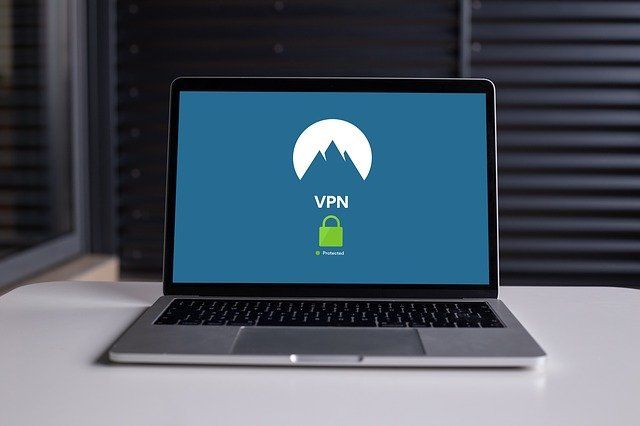Working from Home? Don’t Forget a VPN to Protect Your Data
The Covid-19 pandemic has grounded businesses, stopped flights and forced people to stay home. These measures are adopted as a means to stop its spread and to minimize the health hazard associated with the disease. Due to the outbreak, a lot of businesses now ask their employees to work from home.
Despite this pandemic, cybercriminals have not relented in their attacks. In fact, this unprecedented social and economic upheaval may open up more vulnerabilities for them to exploit. This is because a lot of people are not used to working from home and don’t know the best way to stay safe while connected.
It is important to take the proper precautions when working from home in order to maintain a high level of security. Using a VPN when working from home can create a secure network connection. In this article, we explain why you need a VPN to protect your data.
VPN Explained
VPN stands for a virtual private network. It helps with internet security by encrypting information between a source and the target destination. VPN prevents third parties from stealing your data or spying on your online activity as only authenticated devices are able to communicate and decode your data.
When you browse the internet or connect to a remote machine, your readable data can be intercepted by a third party such as your ISP, government, employer or cybercriminals even if you accessed the service with a password. With a VPN, intercepting your browsing data is useless as such data is unreadable due to encryption. A VPN can protect your data while you are connected on smartphones, PCs and other internet devices.
Why use a Virtual Private Network?
While you could get by without a virtual private network, you will be putting yourself and especially your company data at a great risk if you don’t use one.
The reasons for using a VPN include the following:
- Data Security
Your organizations and business data may be stolen if you work online. VPN allows you to connect to your workplace without the fear of eavesdropper monitoring your online activities. This is especially important for organizations who deal with financial and customer personal information. When working remotely, you authenticate your identity with provided credentials. An insecure communication channel may allow attackers to steal your credentials and impersonate you.
- Privacy
VPN also provides privacy to employees working from home. While this is not limited to work-related issues, it helps to minimize phishing as cybercriminals will be unable to pinpoint your identity, location and device. This is made possible because a VPN goes through another machine before reaching the final target. Hence, you may appear to be from a different location and even seen to be using a different device all of which make it difficult to devise a phishing attack based on your personal information.
- Restricted Access
Some businesses block access to their system based on IP addresses which covers specific geographic areas. This is done to prevent spam or automated attacks. If you happen to live in such an area, you are out of luck as you will be unable to access your work servers from home or help clients with their IT challenges. With a VPN, you can bypass such restrictions and easily connect to target machines.
How to Choose a VPN?
There are so many VPN providers out there and it could be challenging to choose one to work with at home without knowing what’s important.
- Cost
The explosions of VPN providers means that many compete solely on price. If you are on a budget, you may select the best package within your budget. However, you should not sacrifice your device’s security for cost and must vet the provider you would like to use. Also check with your employer as they may have already connected with a managed IT service provider who can set up a VPN – this service could be part of a larger IT security plan.
- Cross-Platform Support
If your work will involve using both mobile and desktop devices, you need a VPN that supports both platforms so you don’t have to subscribe to two different plans. The more platforms a VPN supports, the better. You don’t want to buy a different VPN for your windows machine while subscribing to a different plan for your iPhone.
- Strong Encryption
Any VPN you choose must have a strong standard encryption algorithm such as the various implementations of Advanced Encryption Standard(AES). This makes the encrypted data practically unbreakable.
How to Use a VPN
Using a regular VPN is as simple as downloading the client, subscribing and connecting to its servers. For an enterprise VPN, the configuration will be different and you can get the guide from your employer or the VPN provider. After connection, you can then use any app on your devices and your transmitted data will be safe.
As you work from home, a VPN is necessary to maintain data security. When available, activate the “kill switch” feature so that none of your data is accidentally transmitted unencrypted. While staying safe with VPN, don’t give up your credentials (PC, Business or VPN) to anyone that asked for them to avoid being hacked. Remember to stay safe! For help with building a secure network while working remotely, contact SDTEK today.
The post Working from Home? Don’t Forget a VPN to Protect Your Data appeared first on SDTEK | San Diego, CA.



